Unlocking Smart Cities with ODALA: What a Journey!
In the ever-evolving landscape of smart cities, harnessing the power of data and technology has become paramount. The ODALA project stands as a beacon of innovation, striving to enable the application of Artificial Intelligence (AI), including Machine Learning (ML) and Deep Learning technologies, for urban environments. This visionary project revolves around the creation and demonstration of a ‘Data Lake’ – a dynamic reservoir merging legacy city data with real-time data feeds. In this article, we delve into the core objectives, methodologies, impact, and deliverables of the ODALA project.
In today’s post, we provide a brief overview of the entire project and its achievements. A journey with much to share and celebrate.
What do we stand for: Empowering Cities' Innovation
At its core, the ODALA project aims to empower cities with the potential of AI and data-driven insights. This endeavor revolves around three main objectives:
1. Data Integration Technology Modules: The project intends to produce three advanced open-source data integration technology modules. These modules act as the foundational framework, seamlessly blending legacy data and real-time information into a secure and usable format.
2. Use-Case Deployment: The data integration modules are designed to be deployed in two critical use-cases – Mobility and Environmental toolkits. This integration capitalizes on the advancements and integration work achieved during the project’s initial phases.
3. Global Dissemination: The insights, methodologies, and technological breakthroughs will be shared extensively across the global smart city community. This dissemination ensures that the knowledge gained is utilized effectively across various urban contexts.
Methodologies: Pioneering Innovation in Challenging Times
The ODALA project’s implementation journey has been both inspiring and challenging. The methodologies employed include:
1. Consortium Agreement: The project began with a consensus among technical consortium members, focusing on architectural and deployment aspects in the Frontrunner City Kiel, which also serves as the project coordinator.
2.Adaptation and Adjustments: The journey saw its share of challenges, including the unprecedented impact of the COVID-19 pandemic and adjustments in response to technical and partnership dynamics. The timeline was realigned to accommodate these shifts.
3. Follower City Replication: After validating results in the Frontrunner City, the project extended its impact to four Follower cities. Each city’s unique infrastructure was considered to ensure tailored and effective implementations.
Paving the Way for Smarter Urban Spaces
The tangible outcomes of the ODALA project include:
1. Data Lake Toolset: We developed a comprehensive tookit, enabling the implementation of fully functional data lakes. These data lakes amalgamate various data sources, fostering interoperability and access.
2. Follower City Adoption: Follower cities were equipped with operational and customized versions of the ODALA assets. The deployment process was facilitated by open-source resources available on GitHub, including scripts, guidelines, and explanatory videos.
The ripple effect of the ODALA project extends far beyond its immediate scope. Our project’s results have reverberated across initiatives like IDSA Data spaces, Gaia-X federated topologies, and ITU MIMs Plus Standardization. These contributions have shaped and enriched the landscape of data integration and standardization.
ODALA’s insights have influenced smart city projects in various member states, bolstering advancements in the field. Platforms like FIWARE and OASC have benefited from ODALA’s technological strides.
We also contributed to the evolution of concepts such as Data Spaces and Gaia-X, aligning with the shifting paradigms of data interoperability and sovereignty.
Beyond Conventional Portals
The Nexus of Data Lakes and Smart Cities
ODALA's Evolution: Embracing New Frameworks
This project’s journey is a testament to its adaptability and foresight. As the landscape evolved, so did ODALA. It embraced frameworks like Data Spaces, Gaia-X, and myData principles, aligning its methodologies with cutting-edge concepts.
As the ODALA project’s journey continues, it remains rooted in open-source principles. The culmination of the project’s efforts has led to a comprehensive set of assets available on GitHub. These assets, including interoperable modules and implementation resources, empower cities to embark on their data-driven journeys.
